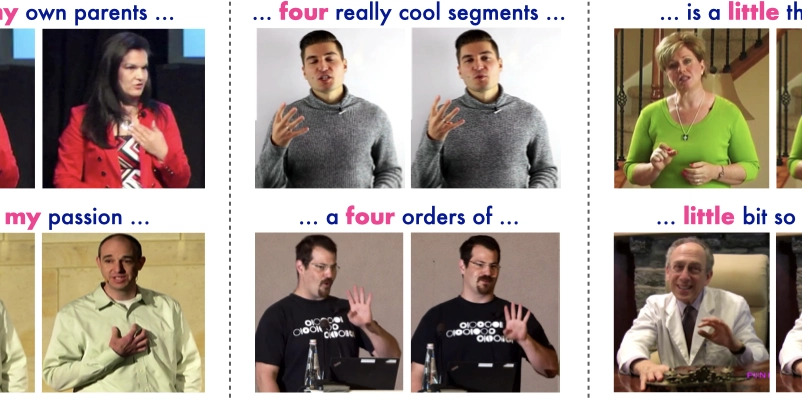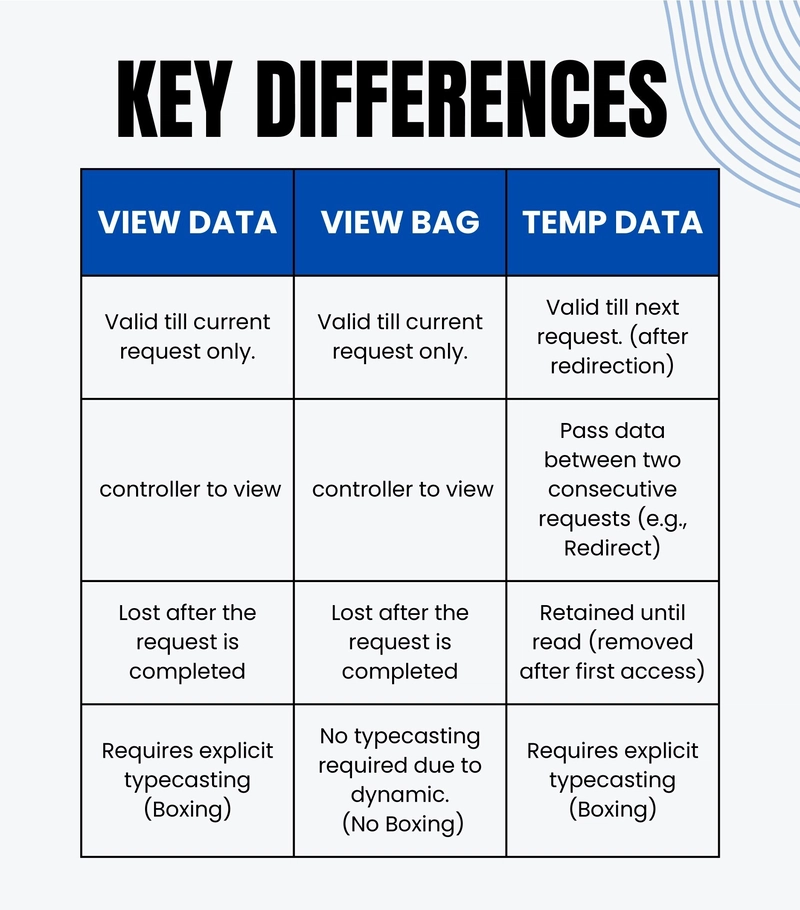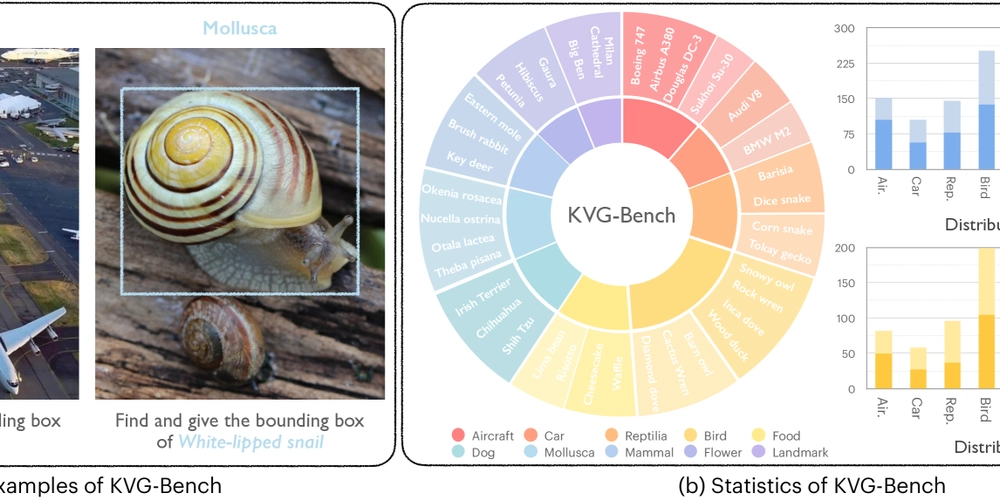Day 4: Bringing My App to Life with Templates & Static Files
Description: Day 4 of my Django journey was all about templates and static files —the tools that make my app visually appealing and user-friendly. If views and URLs are the framework's structure, templates and static files are the design that make the application engaging. Here's what I learned today: What Did I Learn? 1) Templates: Templates in Django enable the creation of dynamic HTML pages that display data from the backend. I began by crafting a layout.html template: My Django App {% block body %}{% endblock %} This serves as a foundational template, promoting code reuse and consistent design across different pages. 2) Template Inheritance: It helps to enhance reusability. I utilized template inheritance to extend layout.html in a child template (home.html): {% extends 'blogs/layout.html' %} {% block body %} This is the home page of my blog app! {% endblock %} This approach streamlines development saves so much time and keeps my code DRY (Don’t Repeat Yourself)

Description:
Day 4 of my Django journey was all about templates and static files —the tools that make my app visually appealing and user-friendly. If views and URLs are the framework's structure, templates and static files are the design that make the application engaging. Here's what I learned today:
What Did I Learn?
1) Templates:
Templates in Django enable the creation of dynamic HTML pages that display data from the backend. I began by crafting a layout.html template:
</span>My Django App<span class="nt">
{% block body %}{% endblock %}
This serves as a foundational template, promoting code reuse and consistent design across different pages.
2) Template Inheritance:
It helps to enhance reusability. I utilized template inheritance to extend layout.html in a child template (home.html):
{% extends 'blogs/layout.html' %}
{% block body %}
This is the home page of my blog app!
{% endblock %}
This approach streamlines development saves so much time and keeps my code DRY (Don’t Repeat Yourself)









































































































































































![[The AI Show Episode 142]: ChatGPT’s New Image Generator, Studio Ghibli Craze and Backlash, Gemini 2.5, OpenAI Academy, 4o Updates, Vibe Marketing & xAI Acquires X](https://www.marketingaiinstitute.com/hubfs/ep%20142%20cover.png)


























































































































![[FREE EBOOKS] The Kubernetes Bible, The Ultimate Linux Shell Scripting Guide & Four More Best Selling Titles](https://www.javacodegeeks.com/wp-content/uploads/2012/12/jcg-logo.jpg)



![From drop-out to software architect with Jason Lengstorf [Podcast #167]](https://cdn.hashnode.com/res/hashnode/image/upload/v1743796461357/f3d19cd7-e6f5-4d7c-8bfc-eb974bc8da68.png?#)







































































































.png?#)




.jpg?#)




















 (1).webp?#)











_Christophe_Coat_Alamy.jpg?#)








































































































![Rapidus in Talks With Apple as It Accelerates Toward 2nm Chip Production [Report]](https://www.iclarified.com/images/news/96937/96937/96937-640.jpg)








































































































































